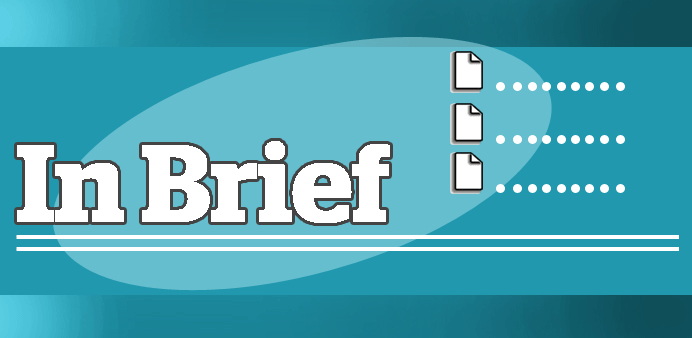Dubai and Qatar deserve to be upgraded to emerging-market status at MSCI next month, T Rowe Price Group said, after they failed to satisfy the index provider’s requirements for four years.
“I see no reason why they shouldn’t be upgraded and don’t understand why they haven’t been previously,” Oliver Bell, London-based money manager at T Rowe Price’s Africa & Middle East Fund, said yesterday.
“Both Dubai and Qatar are in a better position and meet more of the criteria than other countries that have been upgraded before.”
Qatar and the United Arab Emirates, which has bourses in Dubai and Abu Dhabi, are under consideration for a possible reclassification from their frontier-market rankings for the fifth year.
MSCI, whose gauges are tracked by investors managing about $7tn, in 2012 said that foreign ownership limits in Qatar and operational frameworks in the UAE needed revising.
Most companies in Qatar cap overseas holdings at 25%. Industries Qatar, the petrochemicals company with the second-heaviest weighting on Qatar’s bourse, raised its foreign ownership limit in September to 12.25% from 7.5%.
The shares have surged 29% since the end of that month. Robert Ansari, Dubai-based executive director at MSCI, was not immediately available for comment when contacted by Bloomberg News yesterday.
New York-based MSCI tracks economic development, trading volumes and market accessibility to assess market classifications.
The decision on the U A E and Qatar will be made as part of its annual market classification review on June 11, it said in a statement earlier this month. MSCI classifies seven bourses in the Gulf Co-operation Council as frontier markets.
An upgrade of the UAE’s $150bn stock markets will probably draw more investors as fund managers buy their shares to mirror MSCI’s indexes.
The Gulf nation in 2011 started so-called delivery-versus-payment, a securities industry procedure in which payment for a security must be made upon delivery, as it sought to secure an upgrade.
Dubai’s benchmark DFM General Index has surged 43% in 2013, making it the best-performing equity gauge in the Middle East and North Africa, as a tourism and real estate recovery helped boost corporate earnings. Abu Dhabi’s ADX General Index has advanced 33% in the period.
The gains compare with a decline of 0.6% for the MSCI Emerging Markets Index, and an increase of 8.7% for Qatar’s QE Index.
Companies in Dubai’s DFM gauge are valued at an average 0.9 times net assets, or book value, while multiples on the MSCI Emerging Markets Index and Qatar’s QE Index are 1.6 times each, data compiled by Bloomberg show.

